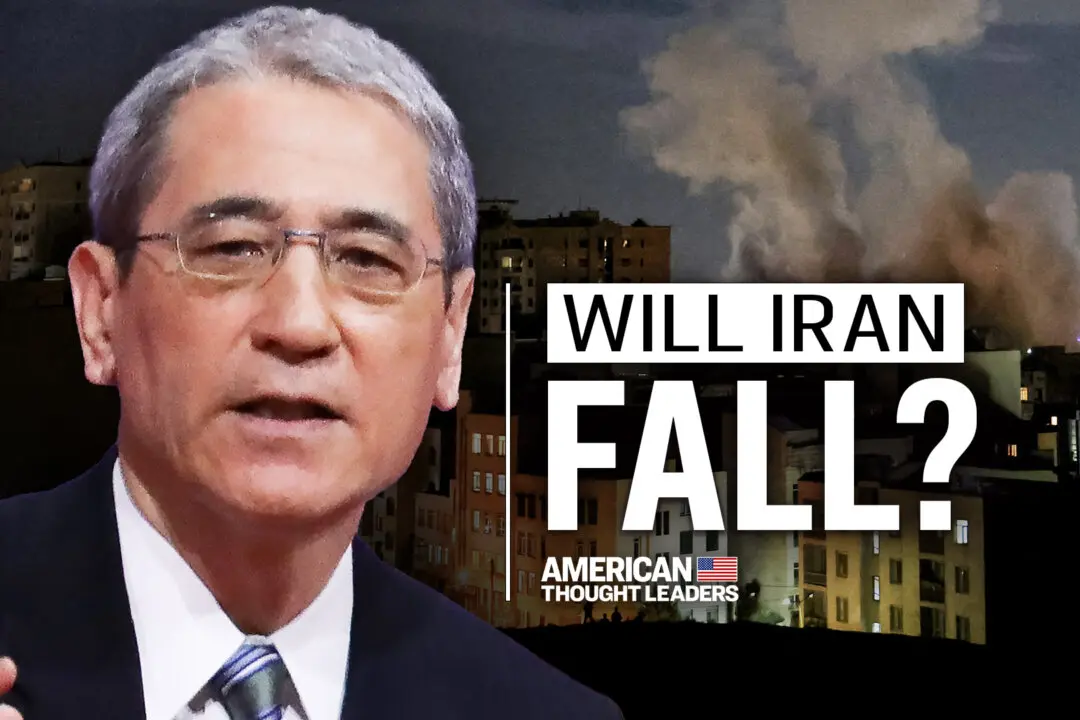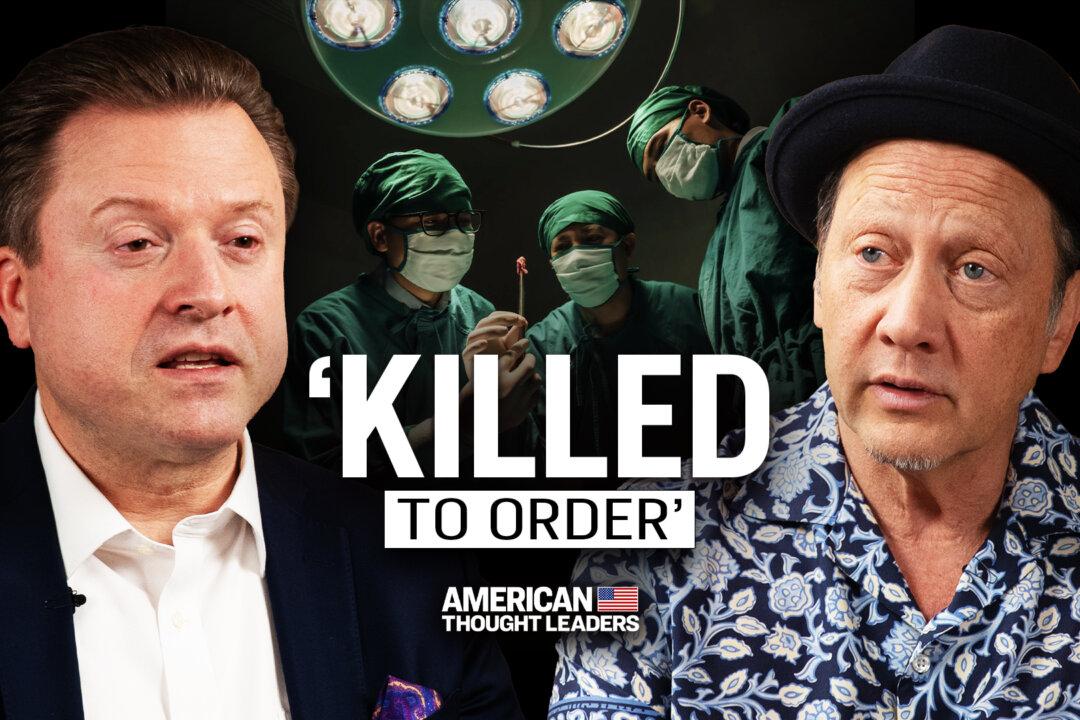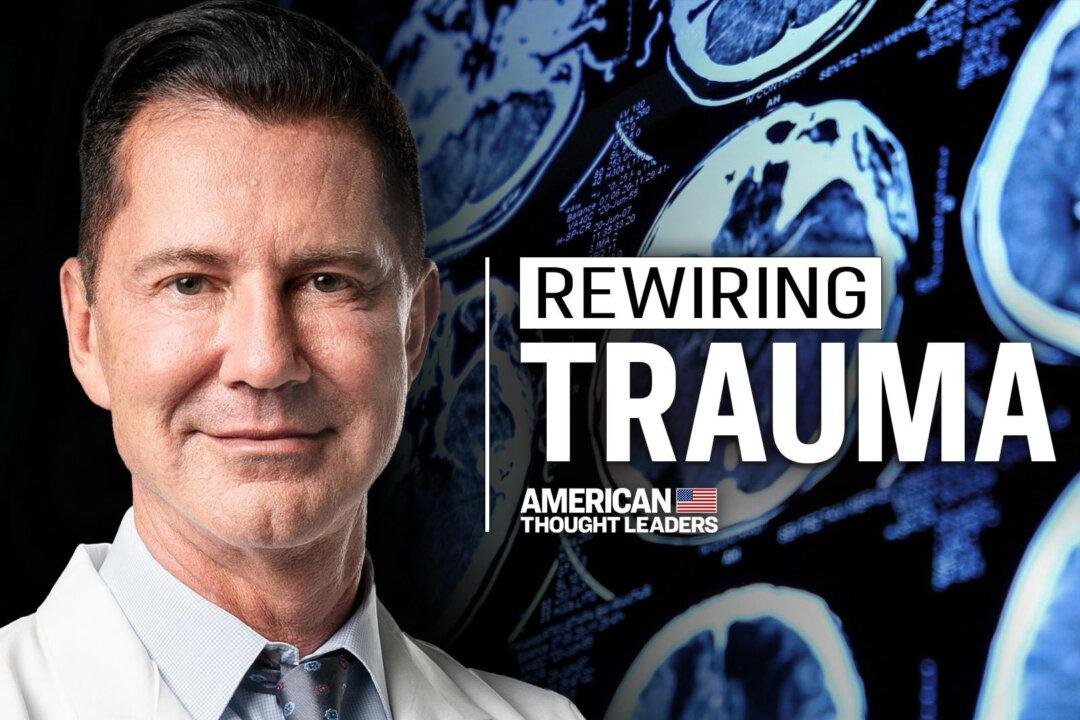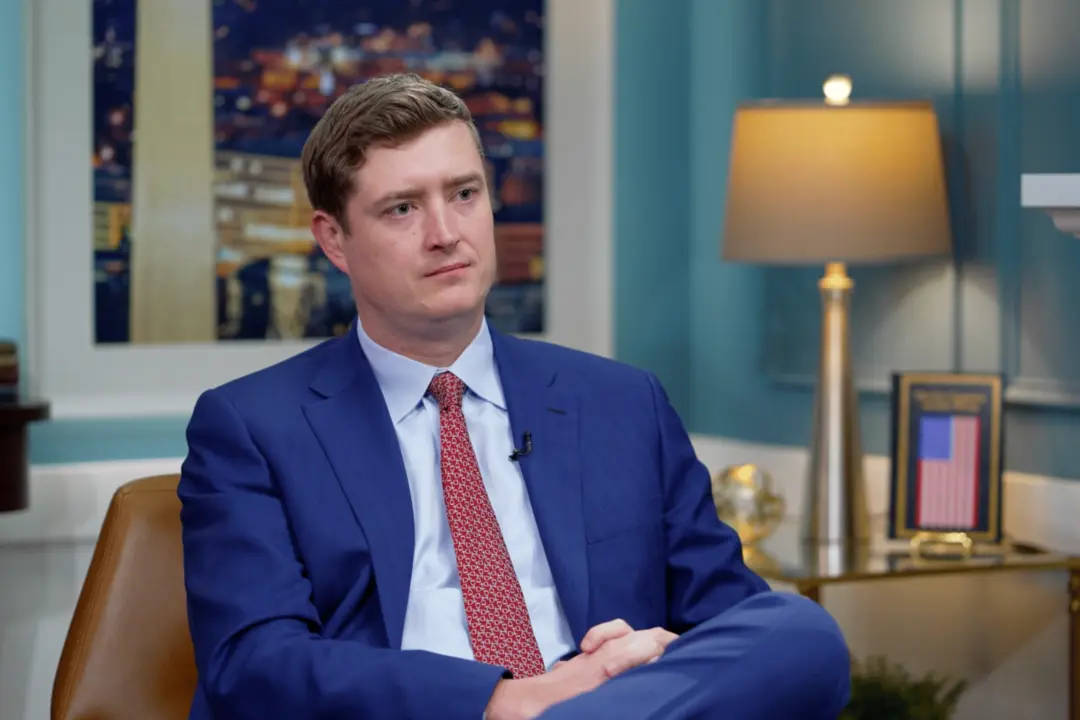“If the Founding Fathers can be discarded,” Douglas Murray says, “and Abraham Lincoln can be discarded, and everyone else can be discarded from American history, what have you got left?”
In a recent episode of “American Thought Leaders,” host Jan Jekielek and author and journalist Douglas Murray discuss critical race theory, the ongoing assaults on U.S. history in our public square, and the importance of once again taking pride and finding value in Western achievements.






